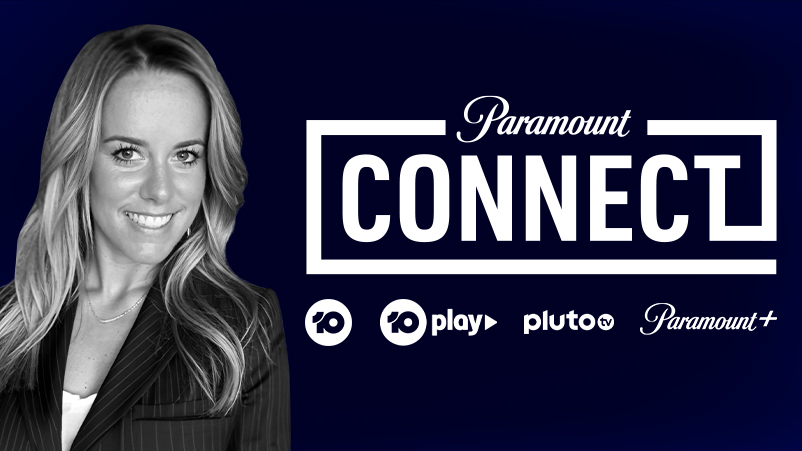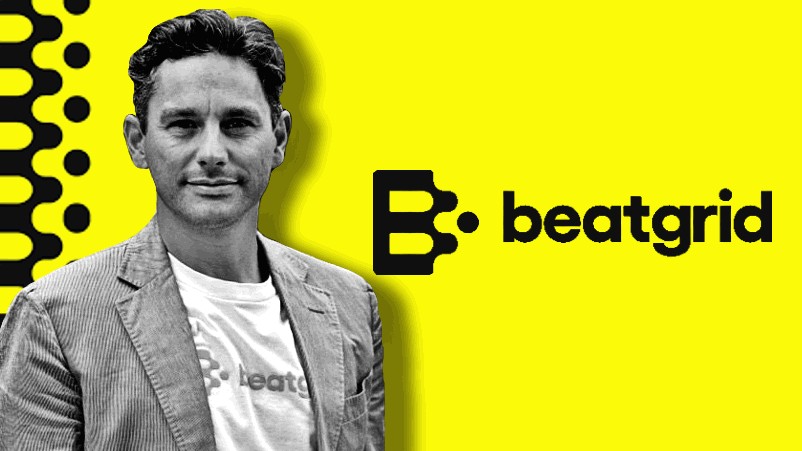I lost my job in Covid. The uncertainty taught me how to help others more

When Sergio Brodsky was suddenly unemployed, he did what he knew best: helped others manage the pandemic. He says it taught him three important lessons about marketing.
“It was not altruism, but the need to prove my own self-worth (and keep the mind busy) that made me help others find work."
Future obsessed
Few industries will be as future-oriented as ours. After all, it's in our best interest to be a step ahead of the consumer.
However, this eagerness to be ahead accelerated marketing to achieve unprecedented efficiencies and effectiveness, becoming one of the most powerful drivers of not just business, but civilisation itself. In doing all that, marketing has, in many ways, been able to decouple how we see the world from what the world actually is. And then came Covid… when reality (marketed or not) was shown in its true colours.
Like many, I had also lost my job. As bad as that was, many were worse off, and my first initiative was to offer help. I sought help too, but in such a disorienting and uncertain scenario it felt easier to deal with what I could do rather than what I wasn’t sure could be done for me.
It was not altruism, but the need to prove my own self-worth (and keep the mind busy) that made me help others find work, offer pro-bono consulting, write a peer-reviewed academic paper about the information mismanagement of the Coronavirus pandemic, author a chapter about Foresight in Marketing for the upcoming Routledge Companion to Modern Marketing Research and executive produce Futurecast, a multimodal content series looking at Marketing beyond effectiveness.
I had to pay the bills too and was fortunate enough that despite not having a job, I was never out of work.
“I sought help too, but in such a disorienting and uncertain scenario it felt easier to deal with what I could do rather than what I wasn’t sure could be done for me.”
So what have I learnt from all this?
Three lessons:
First, that marketing can no longer be taught, investigated, and practiced as confined to transactions between buyers and sellers, but needs to be reconsidered as deeply embedded within society and our living world.
Second, that a return to the pre-Covid status quo is not the default alternative, that treating our shared futures as an asset is smarter than self-indulging on trend reviews and vacuous predictions.
Third, and most importantly, that we have the unique opportunity to address the claim from the most important marketing theorist of the 20th century, Wroe Wilson, who said: “What is needed is not an interpretation of the utility created by marketing, but a marketing interpretation of the whole process of creating utility.”
Amazon, possibly the greatest company of the 21st century, and Jeff Bezos, possibly the greatest CEO, took the idea of customer-centricity to unprecedented levels. Few brands have been able to make their 4Ps work as effectively as Amazon.
Results speak for themselves, but I’ll refrain from pornifying the big numbers achieved in the past year; it makes me nauseous.
“Marketing can no longer be taught, investigated, and practiced as confined to transactions between buyers and sellers, but needs to be reconsidered as deeply embedded within society and our living world.”


